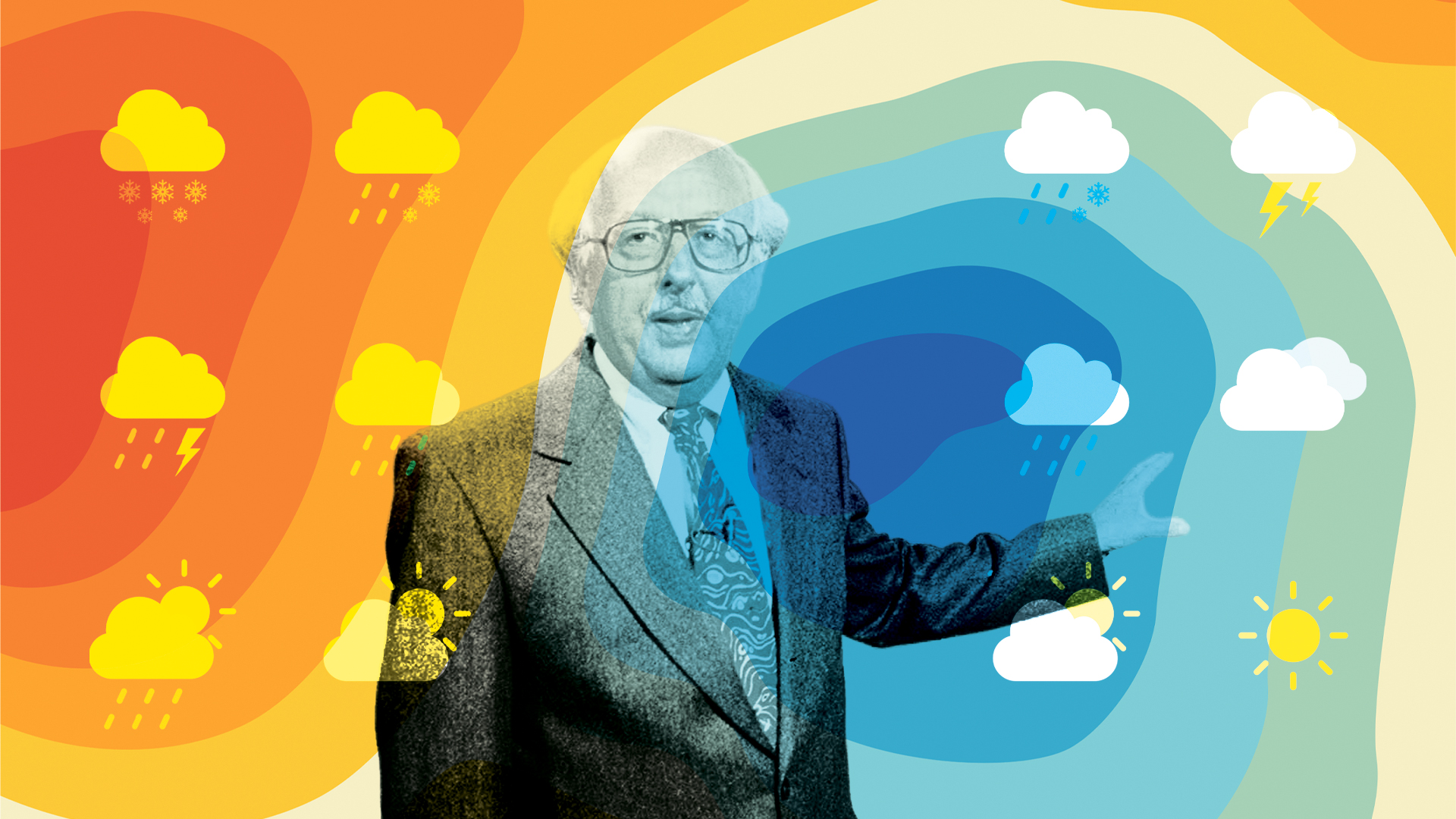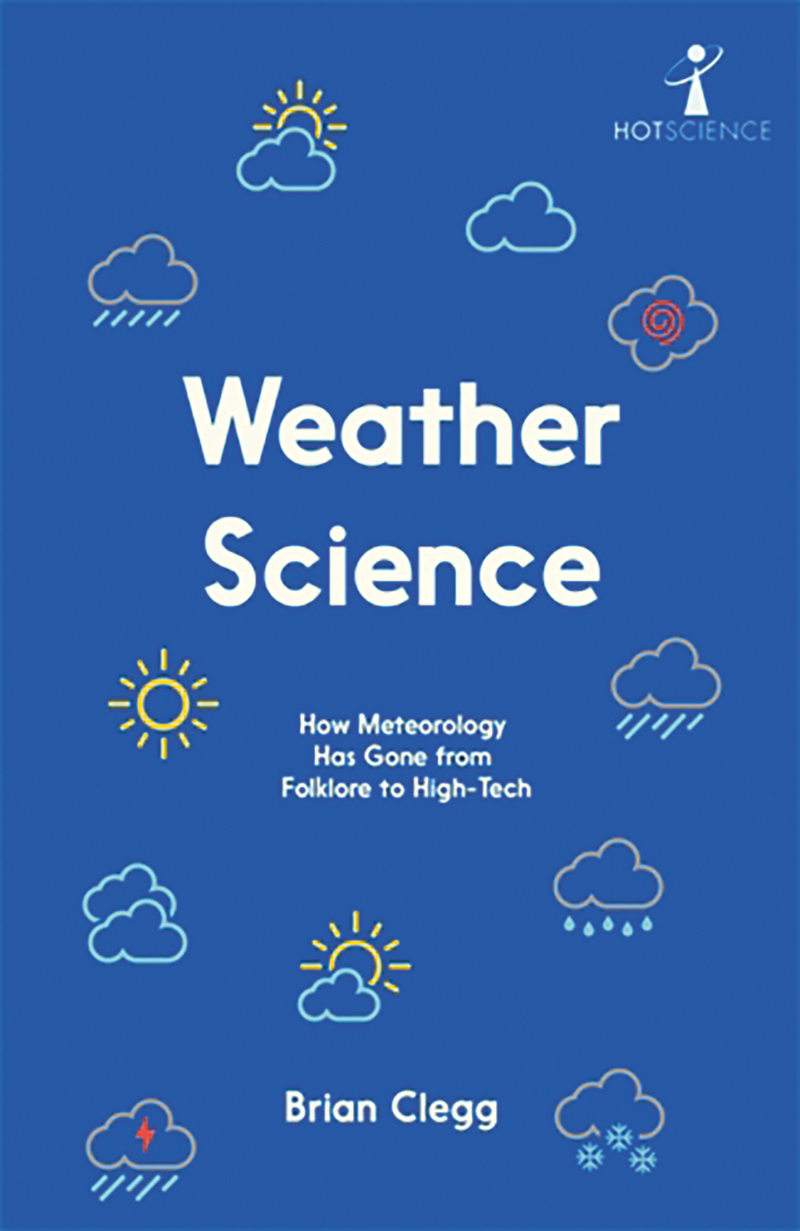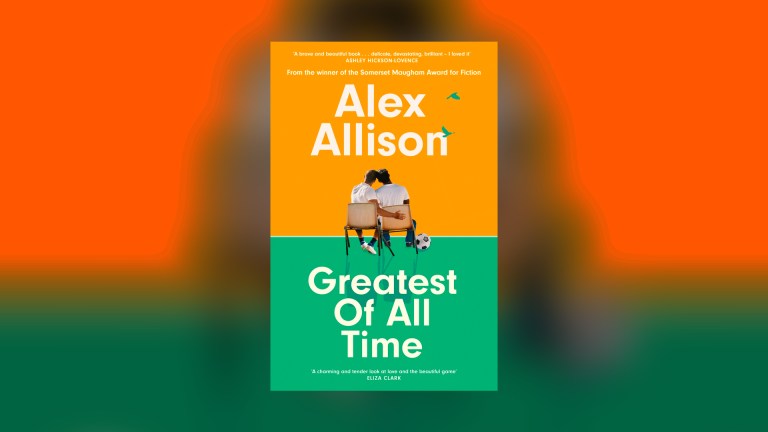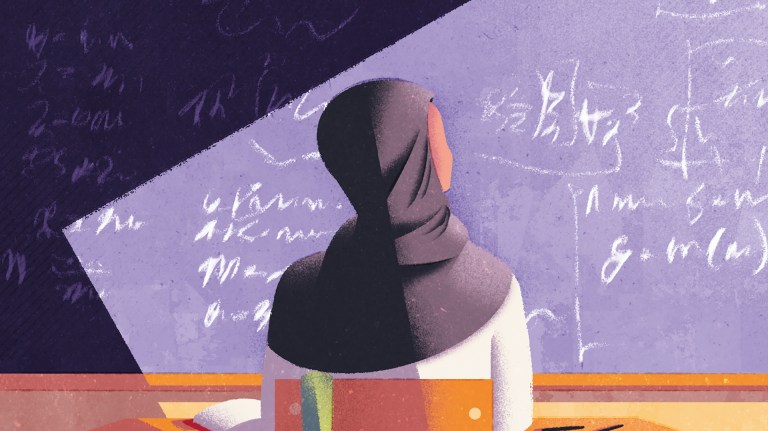It’s usually considered a stereotype that British people are obsessed with the weather. Yet, in reality, it perhaps shouldn’t be a matter for humour – because few subjects are as important for our survival. Most of us might check the weather to know if it’s going to rain when we go to the shops, but for farmers, the year-long cycle of the weather can make the difference between a good harvest and ruin. And with the pandemic’s lesson of an increasing need to be less reliant on global supply chains, it should be of importance to all of us.
Get the latest news and insight into how the Big Issue magazine is made by signing up for the Inside Big Issue newsletter
That’s just considering what you might call everyday weather. But part of the importance of weather science is the realities behind the weather’s extremes – which thanks to climate change are becoming more common. Major weather phenomena such as hurricanes make us realise just how much we are at the mercy of these massive systems. Consider the impact of Hurricane Katrina in August 2005 – perhaps the best-known of all such storms. Wind speeds of up to 200 mph (320 kph) were measured. Around 1.5 million people in the states of Alabama, Mississippi and Louisiana had to leave their homes, 40% of whom were never able to return. Over 1,500 people died and costs were estimated at $125bn – from the impact of a single hurricane.
It’s no surprise, then, that the twin aspects of weather forecasting and weather control have had an appeal throughout recorded history. Control was an initial promise of those relying on interference from the gods, but proved impossible. Although there is now something of a weather control industry, mostly around seeding clouds in the attempt to produce rain, this remains a topic with little scientific basis. It’s true that rain drops typically form around tiny ‘seed’ particles, and substances such as dry ice and silver iodide can have a limited effect, but there remains scientific doubt over the benefit it brings as it’s almost impossible to know whether rain would have fallen anyway.
Forecasting was initially primarily a matter of folklore. Mostly, this had no basis, though the occasional folk method has an element of truth behind it. For example, we know the concept behind the old rhyme ‘red sky at night, shepherds delight; red sky in morning, shepherds warning’ is at least 2,000 years old because in Matthew’s gospel Jesus uses a version of it. This seems to work because the red skies are driven by the movement of high pressure trapping atmospheric particles that scatter the sunlight.
- ‘Sun and heat are not always good news’: How the role of British weather presenters is changing with the climate
- The climate crisis risks putting more homeless people in hospital as temperatures rise
With the Victorian obsession with measurement came the ability to crudely interpret weather patterns and to be able to produce limited forecasts based on measurements of wind speed, temperature, rainfall, atmospheric pressure and more, taken by stations that were spread across the world as various governments realised the benefits for agriculture, seafarers and the military. Initially most of the weather observations were made by local volunteers, but as technology has improved, this has mostly (but not entirely) been automated. A huge step forward here has been the data produced by weather satellites, allowing far greater detail to be collated.











